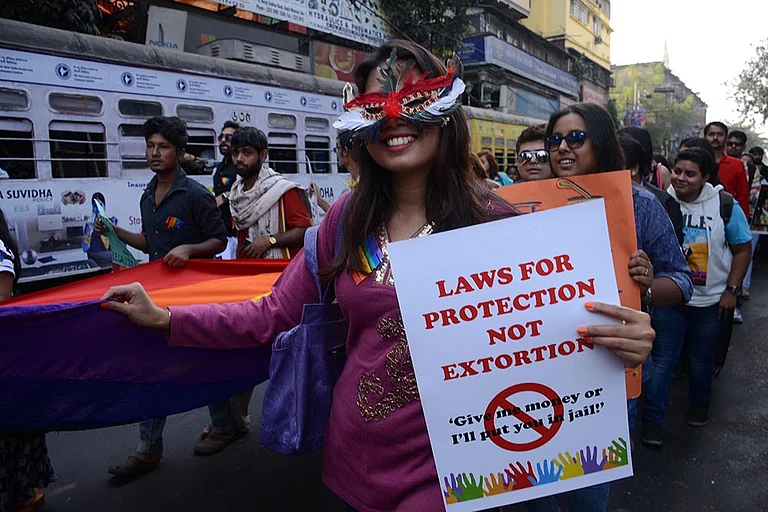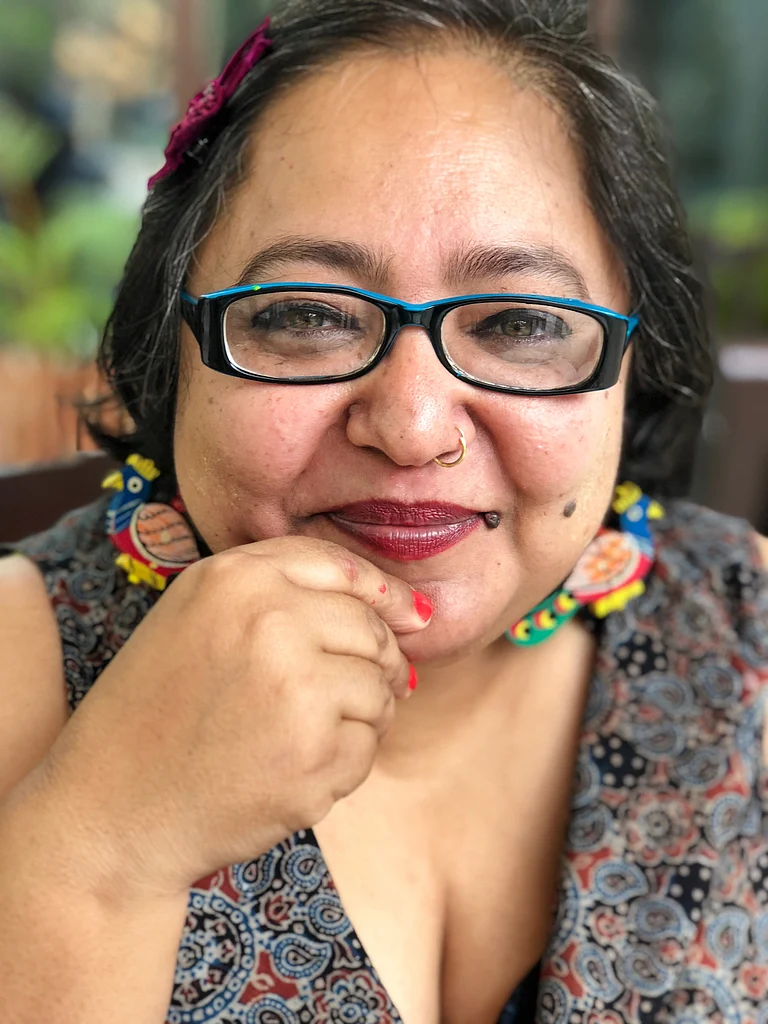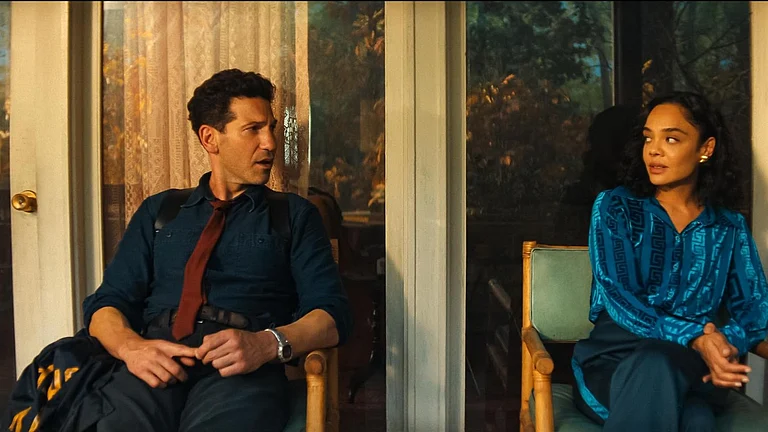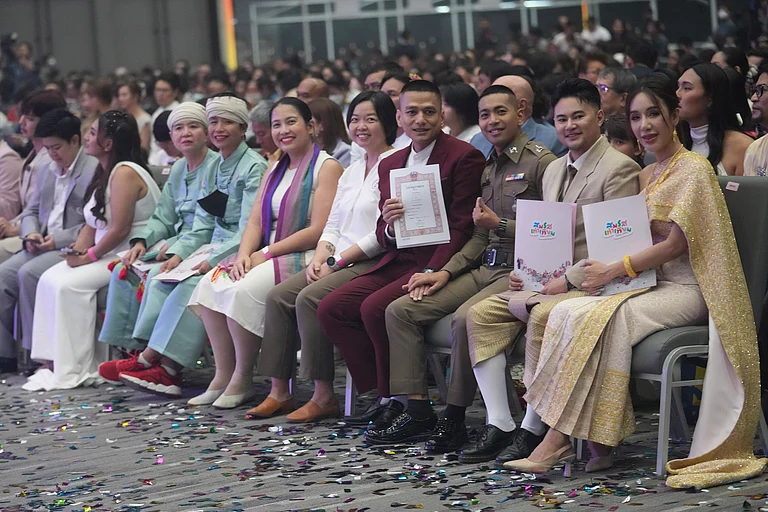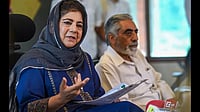
Summary of this article
Riya Sardar and Rakhi Naskar married in a temple ceremony in Sundarbans’ Jalaberia.
Villagers witnessed the event peacefully, offering blessings despite social conservatism.
Same-sex marriages remain legally unrecognised in India, but the couple celebrated personal choice.
In a quiet hamlet in the Sundarbans, where rivers wind through dense mangrove forests, two young women publicly chose each other as life partners in a ceremony that blended tradition with personal choice.
According to PTI, professional dancers Riya Sardar and Rakhi Naskar, both in their early twenties, tied the knot on November 4 at the Paler Chak temple in Jalaberia in Kultali block. The wedding drew hundreds of villagers who ululated, blew conch shells and offered their blessings to the couple.
Same-sex marriages have no legal recognition in India, and the issue remains pending before the Supreme Court. Yet the event, which took place in a socially conservative part of the Sundarbans, was a quiet affirmation of their relationship rather than a political statement.
Riya, dressed as the bride, and Rakhi, wearing a groom’s crown, exchanged garlands and took sacred vows under the guidance of a priest. Villagers observed the rituals, some with surprise, many with silent acceptance.
"We have taken vows to become life partners," Riya, from Rameshwarpur in Mandirbazar, told reporters.
Rakhi, from the Bakultala police station area, said, "We are adults. We can decide our lives. Why should gender matter while choosing a life partner?"
Riya lost her parents at a young age and was raised by her aunt Kavita Koyal, who, though initially stunned, did not oppose her decision. She completed her schooling up to high school and works as a dancer. Rakhi, who studied until class nine, performs in a local dance troupe.
The two met on social media, exchanged numbers, and spent long hours talking despite the curious glances of neighbours. Later, joining the same dance group, their friendship deepened into love, they said.
The village community rallied in support. "We all came together to help our two daughters start their new life," Milan Sardar, a local resident, told PTI. "Everyone chipped in. After the rituals, both sides enjoyed a feast of chicken and rice, just like any other wedding," he added.
For some villagers, the sight of a same-sex wedding in a Hindu temple was unexpected. Others simply saw it as a celebration of companionship.
"It was beautiful," said Ankur Basu, a social activist visiting the area for sanitation and health work. "This wasn't an act of protest. It was two people choosing each other."
Police confirmed they had no official report of the wedding. "Nobody approached us. If villagers attend a temple function peacefully, we have nothing to do," an official said.
As the conch shells fell silent and villagers returned home, Riya and Rakhi stood together, fingers intertwined, beginning a future shaped by their own decisions.
(With inputs from PTI)



